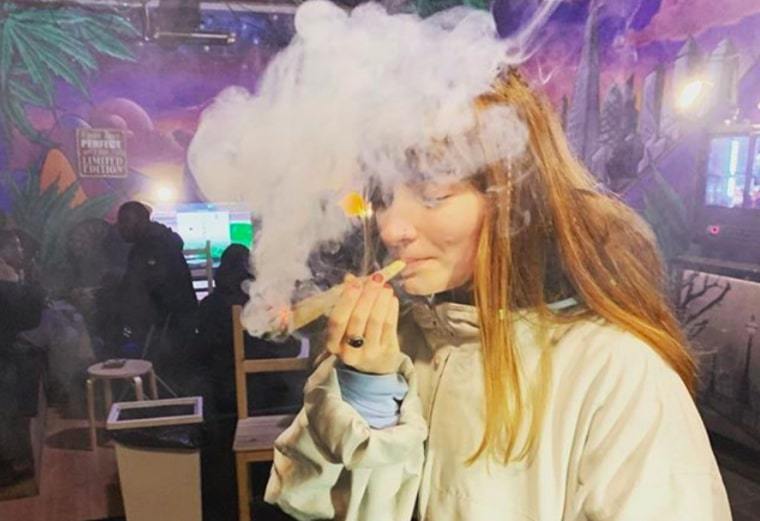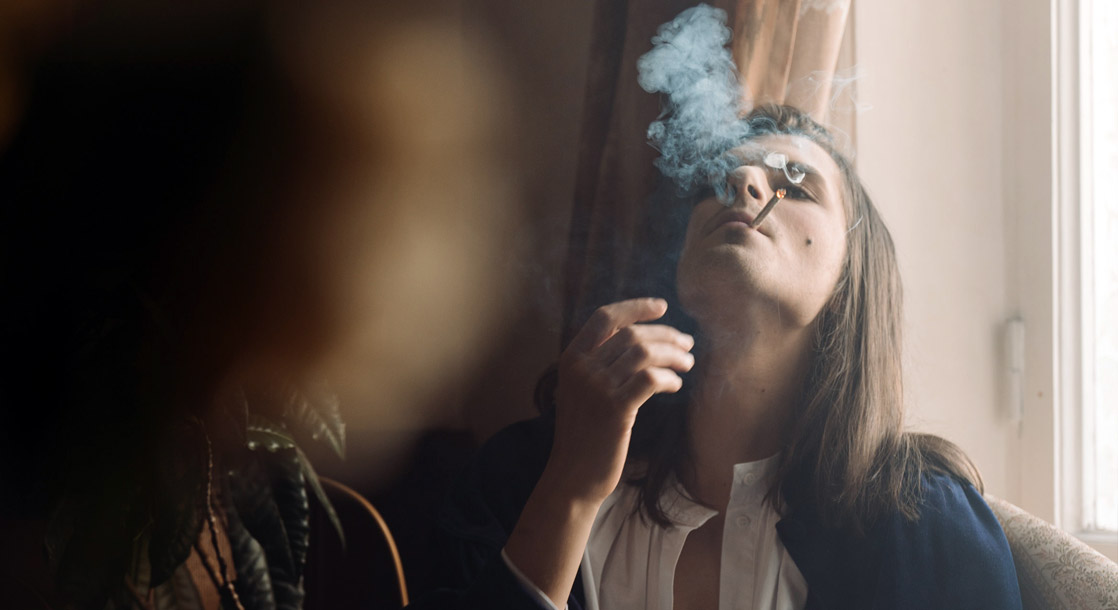Image via
Cannabis cafes may finally be coming to Massachusetts, six whole years after the state voted to legalize them.
The Bay State’s adult-use cannabis law, enacted by way of a ballot initiative in 2016, made it legal for towns to open “social consumption sites” where adults could get high together. In the initial draft regulations, small businesses like cinemas, massage parlors, or yoga studios would be allowed to sell individual servings of weed and let adults use them onsite. Local law enforcement officials raised a stink over these plans, though, and managed to convince regulators to delay the rollout of weed cafes.
The state Cannabis Control Commission did eventually draft regulations for social consumption sites, but a legal technicality has prevented local towns and cities from actually voting to allow these cafes to open. Now, at long last, the state Legislature’s Joint Committee on Cannabis Policy has proposed a bill that would resolve that technicality. If passed, the bill would allow between 6 and 12 municipalities to open legal pot cafes by opting in to a three-year pilot program.
“The intent of the initiative that was passed by voters was to allow these, dependent upon the vote of the people of a community,” said Jim Borghesani, spokesperson for the 2016 ballot initiative, to the Boston Herald. “The legislation is effective in giving towns that voice that they need to determine if they want these or not.”
Officials from Amherst, North Adams, Provincetown, Somerville and Springfield have already participated in a legislative working group on cannabis cafes, and would be first in line to receive these licenses if the bill passes. Anti-weed groups are still urging lawmakers to abandon these plans, though. Law enforcement groups are particularly concerned that these legal cafes will lead to an increase in stoned driving.
State Sen. Julian Cyr told the Boston Herald that communities in Cape Cod and other tourist areas “welcome an influx of summer visitors, and we’re seeing an array of recreational cannabis dispensaries opening up. But we currently have a circumstance where visitors who come to our communities can legally purchase cannabis; however, they have nowhere to consume it.”
Most hotels and vacation rental properties prohibit indoor weed consumption (but not all), and state law also prohibits people from lighting up outdoors. The combination of these two factors means that tourists visiting the state can buy weed legally, but often have to break the law to actually smoke it. Cannabis cafes would also provide a safe space for lower-income Massachusetts residents to legally use pot. Federal law bans all cannabis use within public housing projects, and most landlords also prohibit their tenants from smoking weed.
Cannabis cafes could also help smaller, minority-owned businesses gain a foothold in an industry that is still dominated by white, wealthy businessmen. Cyr told the Boston Herald that the current industry favors “large-scale players with corporate backing and investors, and we’ve not seen the benefits flowing to smaller-scale entrepreneurs, particularly to the communities who have been disproportionately affected by the war on drugs.”
Entrepreneurs are already dreaming up creative ideas for legal consumption sites, including restaurants serving infused meals, yoga and massage centers, and even brewery-style cafes where customers could observe the cultivation process and sample different strains of flower.











